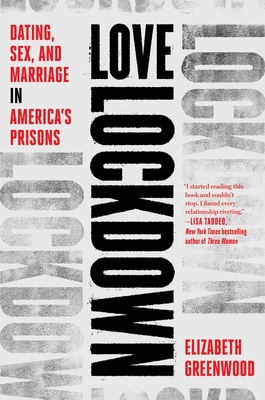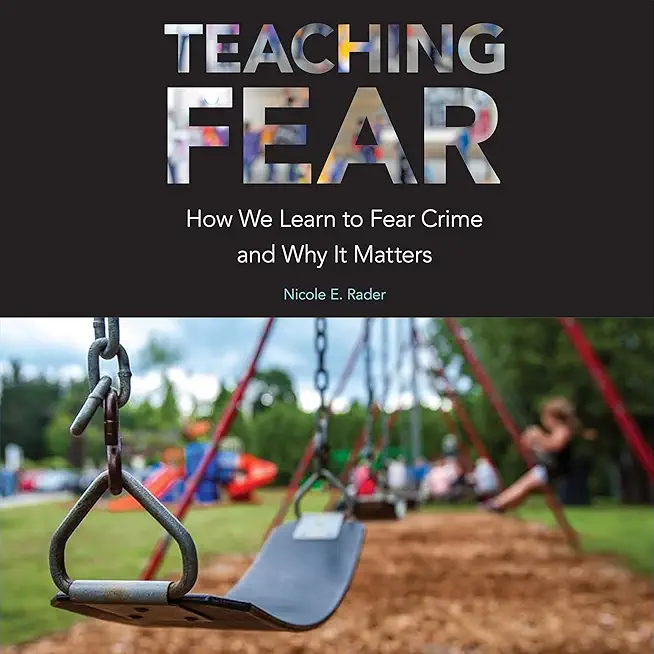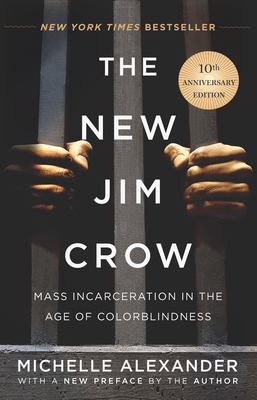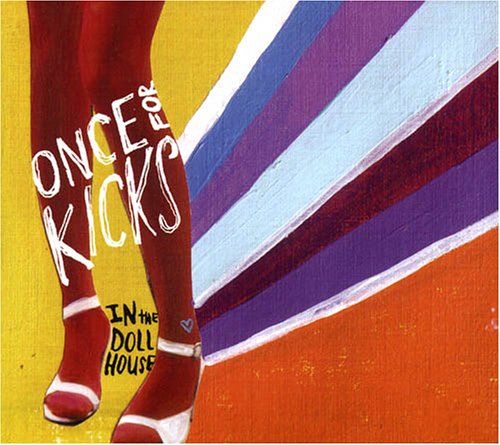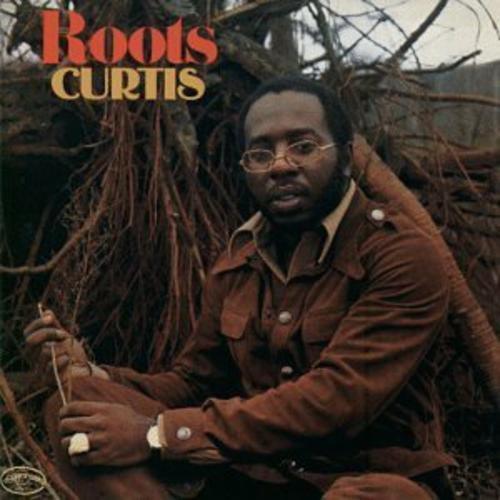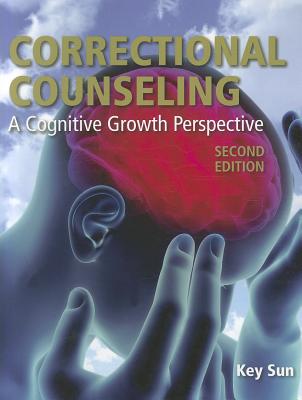
description
6The cognitive growth model maintains that correctional counseling is intended to help offenders balance their lives and important relations through developing more accurate social cognitions and understanding about the self, others, and patterns governing their interactions. This updated Second Edition employs the cognitive growth model to examine the major contemporary issues in correctional counseling and thoroughly explains how to use the model to fully understand and effectively perform correctional counseling. Correctional Counseling: A Cognitive Growth Perspective discusses such issues as, the counselor roles, work settings and challenges, offender classification and assessment, counseling processes, intervention/therapeutic techniques, and more. With this text the reader will learn how to respond to correctional clients and help them cope with their issues in the community and within prison. New to the Second Edition: -A NEW chapter (Chapter 11) on understanding and treating substance abuse has been added to address the increasing issue of substance abuse for the offender population. -Includes a NEW chapter (Chapter 12) on restorative justice. This chapter examines the skills and principles of restorative justice and addresses the needs of the victim, community, and the offender. -Contains updated crime statistics, further examines the issue of prisoner reentry, and provides additional information on drug/mental health courts. -Includes an expanded discussion on art therapy for assessment, and focuses on its techniques and benefits. -The chapter on counseling processes (Chapter 7) has been updated to include coverage on the issue of a gender-sensitive approach in counseling female offenders, and assessment and intervention for juvenile offenders. -The chapter on mentally disordered offenders (Chapter 10) includes an expanded discussion on research about mental illness and violence, and further analyzes the debate between social cognitive explanation and the biomedical explanation for mental disorder. Key Features: -Comprehensive in coverage, this text includes discussions on all major issues in contemporary correctional counseling (correctional counselors' roles, settings and challenges, major systems of therapeutic models, counseling processes, ethical dilemmas, etc.). Readers gain a wide-range of knowledge about correctional counseling theories and practice. -Although comprehensive, all discussions remain concise so that the reader can focus on and learn the most relevant and useful knowledge needed to succeed in the field. -Describes controversial issues in correctional counseling, including the limitations of counseling models and multidisciplinary perspectives for evidence-based counseling. This text encourages the reader to think critically and analyze the correctional issues being discussed.
member goods
No member items were found under this heading.
Return Policy
All sales are final
Shipping
No special shipping considerations available.
Shipping fees determined at checkout.
